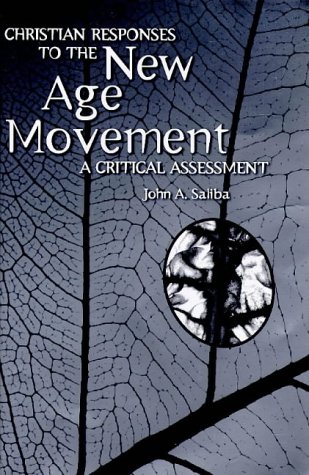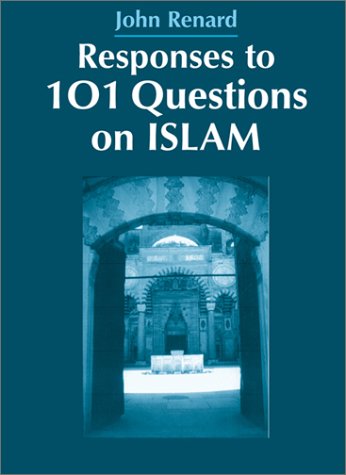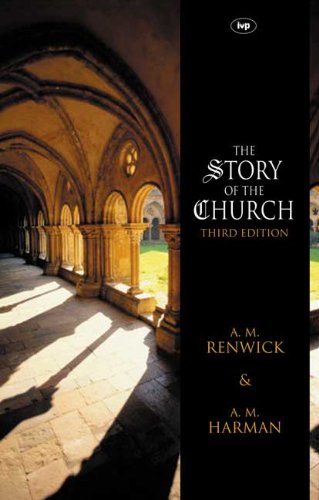Reading Ecclesiastes: Old Testament Exegesis and Hermeneutical Theory, AnBib 139
Written by Craig G. Bartholomew Reviewed By Eric ChristiansonRevising doctoral work completed at Bristol in 1996, Bartholemew endeavours to assess the impact of what he terms ‘methodological pluralism’, a state of scholarship that reflects a deeper and ‘problematic’ philosophical pluralism (2). He begins with a historical overview of hermeneutics in which he is consistently fair, for example admitting the inherent difficulty involved in defining modernity. This overview describes the plurality of hermeneutical approaches presently available, and suggests that the assumptions underlying such approaches have generally been left unscrutinised. (Students of hermeneutics should value this section with its emphasis on largely overlooked figures like Spinoza.) In order to offer such scrutiny Bartholemew then presents examples from the critical interpretation of Ecclesiastes in the next 5 chapters.
Throughout this analysis Bartholemew also offers his own cogent analysis. This is particularly to the fore in his assessment of Fox’s approach to Ecclesiastes as narrative. While generally appreciative of Fox, Bartholemew objects on exegetical grounds to his assertion that the frame narrator (or epilogist) is epistemologically at odds with Qoheleth, and takes issue with key points of his translation of the epilogue. There are also useful summaries of such key Qoheleth readers as Gordis, Wright and Loader.
In his evaluation of postmodernity and the reading of Ecclesiastes (ch. 6), Bartholemew demonstrates well that postmodernity ‘remains deeply rooted in modernity’ (199), particularly in the shape of such postmodern ‘doctrines’ as the still unshakeable belief in human autonomy. Contrary to the postmodern focus on language, Christian exegetes should assume the Sender-Receiver model of communication: communication of a ‘message’ is possible, and its uncovering is the goal of exegesis (ch. 7). Bartholemew’s argument is nuanced, e.g. ‘as finite humans we can never be sure we have discovered [such truth] in its fullness’ (212), and he brings an impressive level of analytical sophistication to the subject. However, his approach begs the question, What is the use of such a goal in hermeneutics if we can never know whether we have achieved it?
There are other hints that Bartholemew intends more than his stated purpose of assessing hermeneutics. At one point he suggests that a ‘correct interpretation’ of Ecclesiastes will be the natural outcome of his method (51). He further suggests that we need a ‘right understanding of history’ vis-à-vis a romantic idealist philosophy of history, one ‘shaped by the Christian narrative’, in order to understand the OT properly (88). While he admits that this is an evaluative issue, he fails to provide a clear set of criteria to accomplish such a task.
Finally, Bartholemew reviews the carpe diem passages of Ecclesiastes (2:24–26, etc.), to demonstrate that the book’s primary function is not so much to formulate Christian doctrine as ‘to provoke the reader to wrestle actively with the issues’ (226, citing Thiselton). In each of these texts Qoheleth leaves such conundrums as the purpose(s) of God’s activity open-ended. This thesis is established well and, along with other literary-sensitive arguments, provides the reader with an ideal strategy: employing diachronic and synchronic approaches together in a way that takes the communicative model of reading seriously.
Bartholemew has provided a valuable resource for Qoheleth studies: a fair and thorough handbook of general and specific approaches, often coupled with their historical setting(s), and undergirded by a critically positive approach to interpretation. The book also includes that exceedingly helpful and increasingly rare creature, a subject index.
Eric Christianson
Chester College







